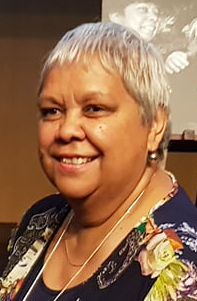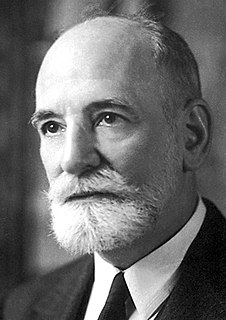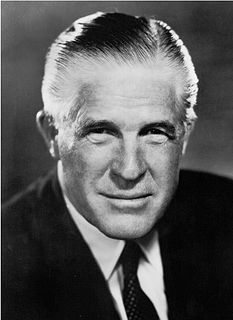A Quote by Jackie Huggins
Citizenship has not delivered Indigenous Australians the same quality of life other Australians expect. Basic human rights involve health, housing, education, employment, economic opportunity, and equality before the law, and respect for cultural identity and cultural diversity. These human rights must be capable of being enjoyed otherwise they are empty gestures.
Quote Topics
Australians
Basic
Basic Human Rights
Before
Being
Capable
Citizenship
Cultural
Cultural Diversity
Cultural Identity
Delivered
Diversity
Economic
Economic Opportunity
Education
Employment
Empty
Enjoyed
Equality
Expect
Gestures
Health
Housing
Human
Human Rights
Identity
Indigenous
Involve
Law
Life
Must
Opportunity
Other
Otherwise
Quality
Quality Of Life
Respect
Rights
Same
Related Quotes
For Indigenous Australians, equal rights and citizenship have not always translated into full participation in Australian society. All Indigenous Australians have only been counted in the census since the 1967 Referendum. Even so, State protection and welfare laws continued to control the lives of Indigenous Australians and denied them equal rights, well into the 1970's.
The idea of cultural relativism is nothing but an excuse to violate human rights. Human rights is the fruit of various civilizations. I know of no civilization that tolerates or justifies violence, terrorism, or injustice. There is no civilization that justifies the killing of innocent people. Those who are invoking cultural relativism are really using that as an excuse for violating human rights and to put a cultural mask on the face of what they're doing.
Look, you are interested in trying to make sure that governments keep a clean environment, have regard for the lifestyles of indigenous peoples, and work for fair trade rules. Well, it's exactly the same for human rights - from non-discrimination to the basic rights to food, safe water, education and health care. We are talking rights not needs. There are standards that governments have signed up to - but nobody is holding them to account.
Let's not use the term democracy as a play on words which is what people commonly do, using human rights as a pretext. Those people that really violate human rights [the West] violate human rights from all perspectives. Typically on the subject of human rights regarding the nations from the south and Cuba they say, "They are not democratic societies, they do not respect human rights, and they do not respect freedom of speech".
The way we need to view aid is as a fulfillment of rights, and Mexico, as other countries around the world, have agreed and signed the Universal Declaration of Human Rights and the covenants of Human Rights and that includes the right to food, the right to water, the right to housing and the right to education.
We must understand the role of human rights as empowering of individuals and communities. By protecting these rights, we can help prevent the many conflicts based on poverty, discrimination and exclusion (social, economic and political) that continue to plague humanity and destroy decades of development efforts. The vicious circle of human rights violations that lead to conflicts-which in turn lead to more violations-must be broken. I believe we can break it only by ensuring respect for all human rights.
US law and international human rights law have radically diverged in the past years in terms of the recognition of indigenous people's rights. International human rights law now looks at not whether or not the tribes have formal ownership or legal title in a Western legal conception might have it, but rather they look at the tribe's historical connection to that land.
It is a great problem for the true international agenda of human rights that the United States, uniquely among industrialised countries, has not ratified three main instruments, has not ratified the Covenant on Economic, Social and Cultural Rights, or the Convention on the Rights of the Child, or the Convention for the Elimination of Discrimination Against Women, and we could have so much richer a debate and dialogue on international human rights standards if the superpower would sign up to the agenda.




































